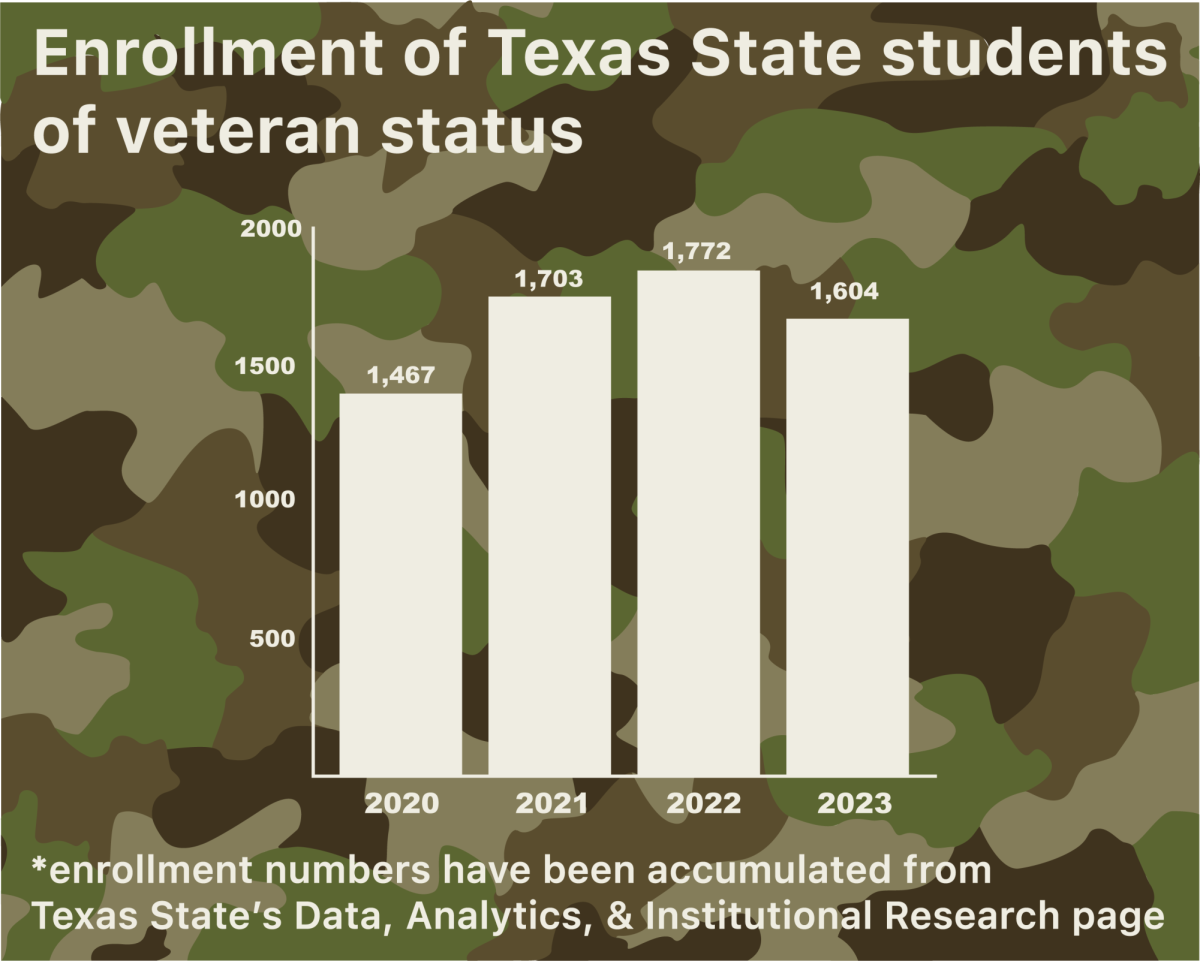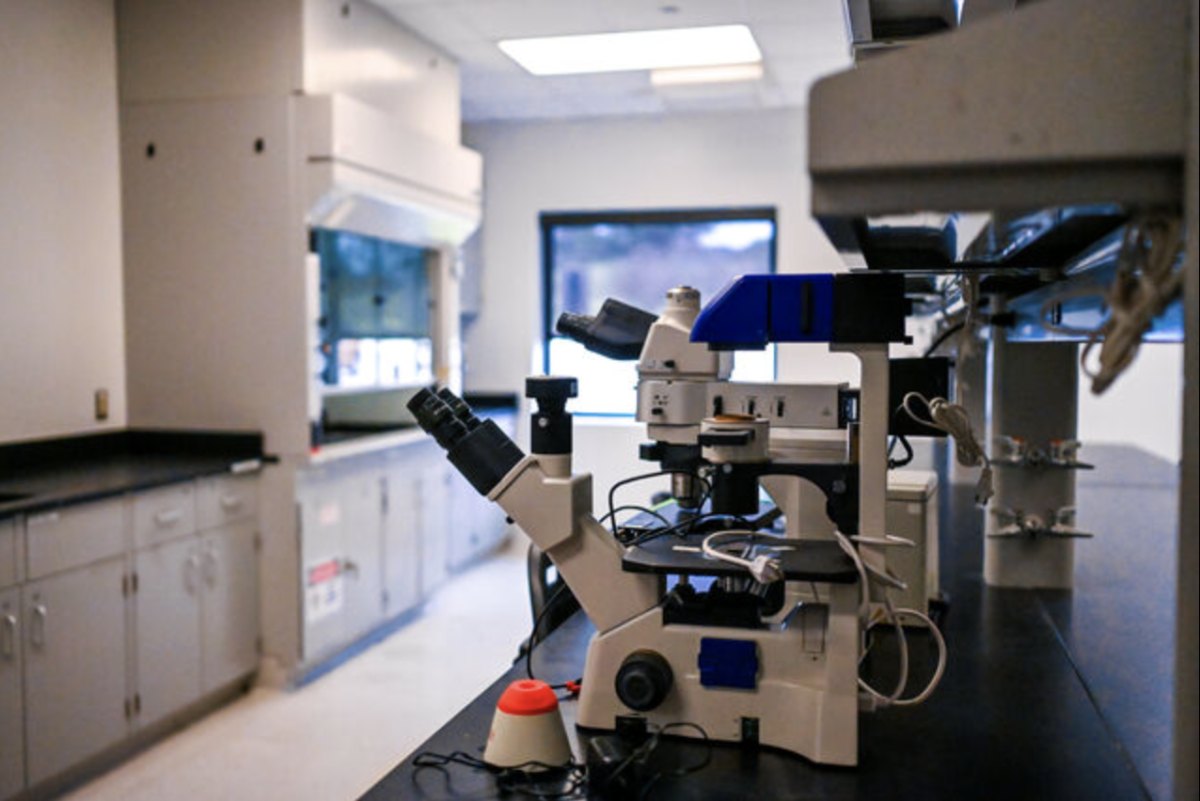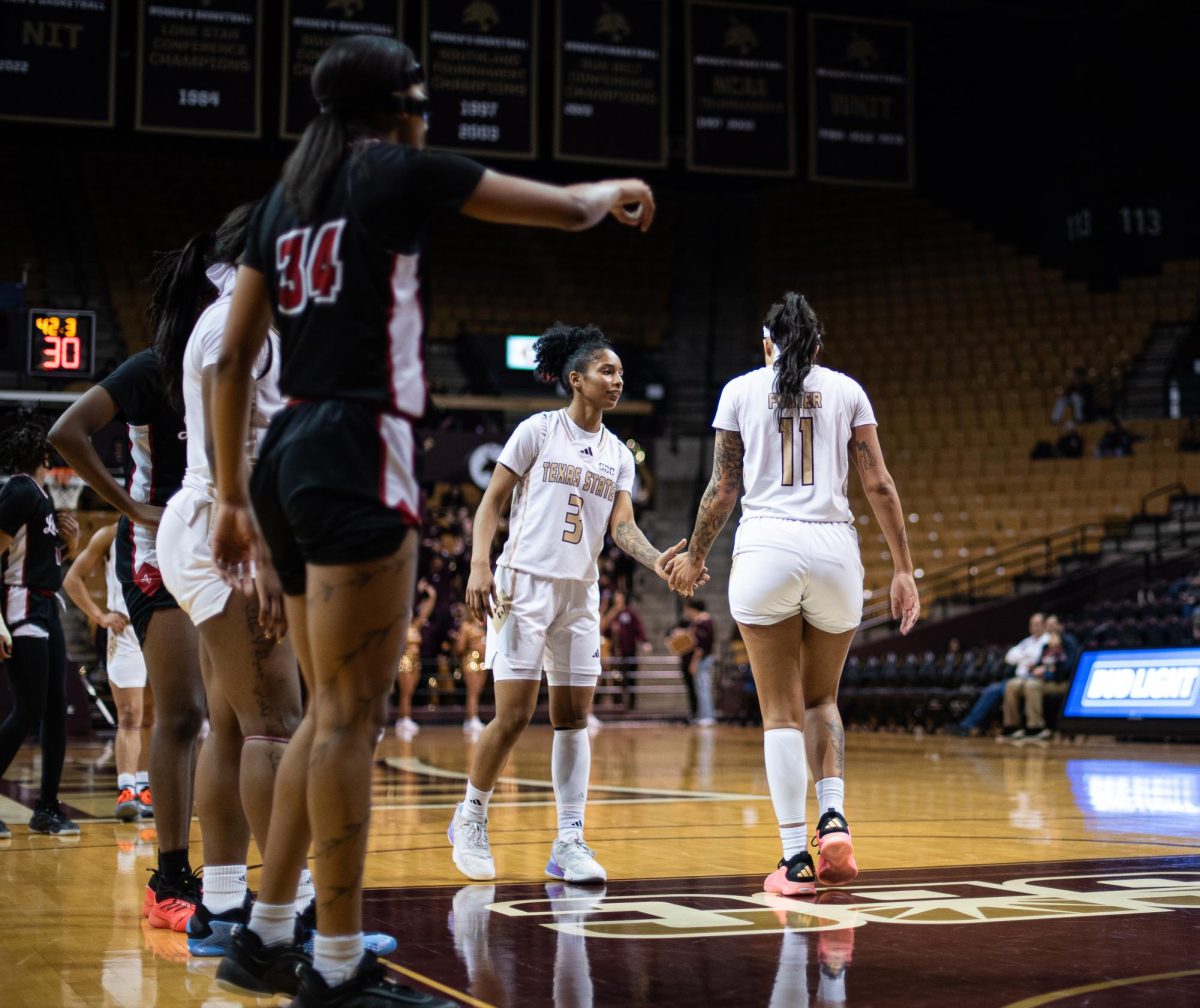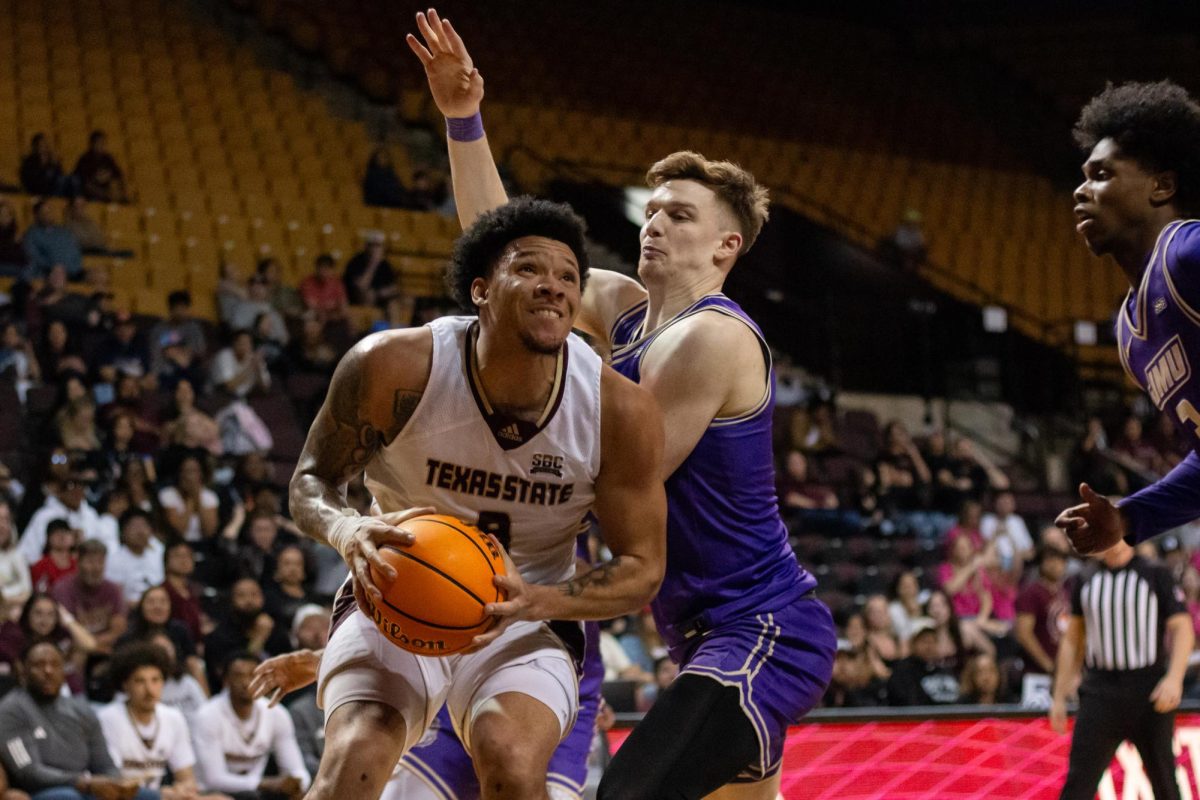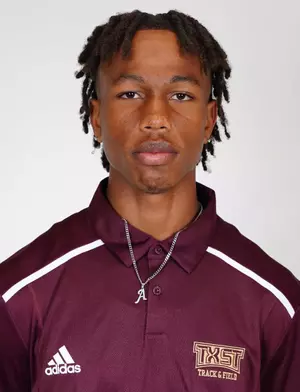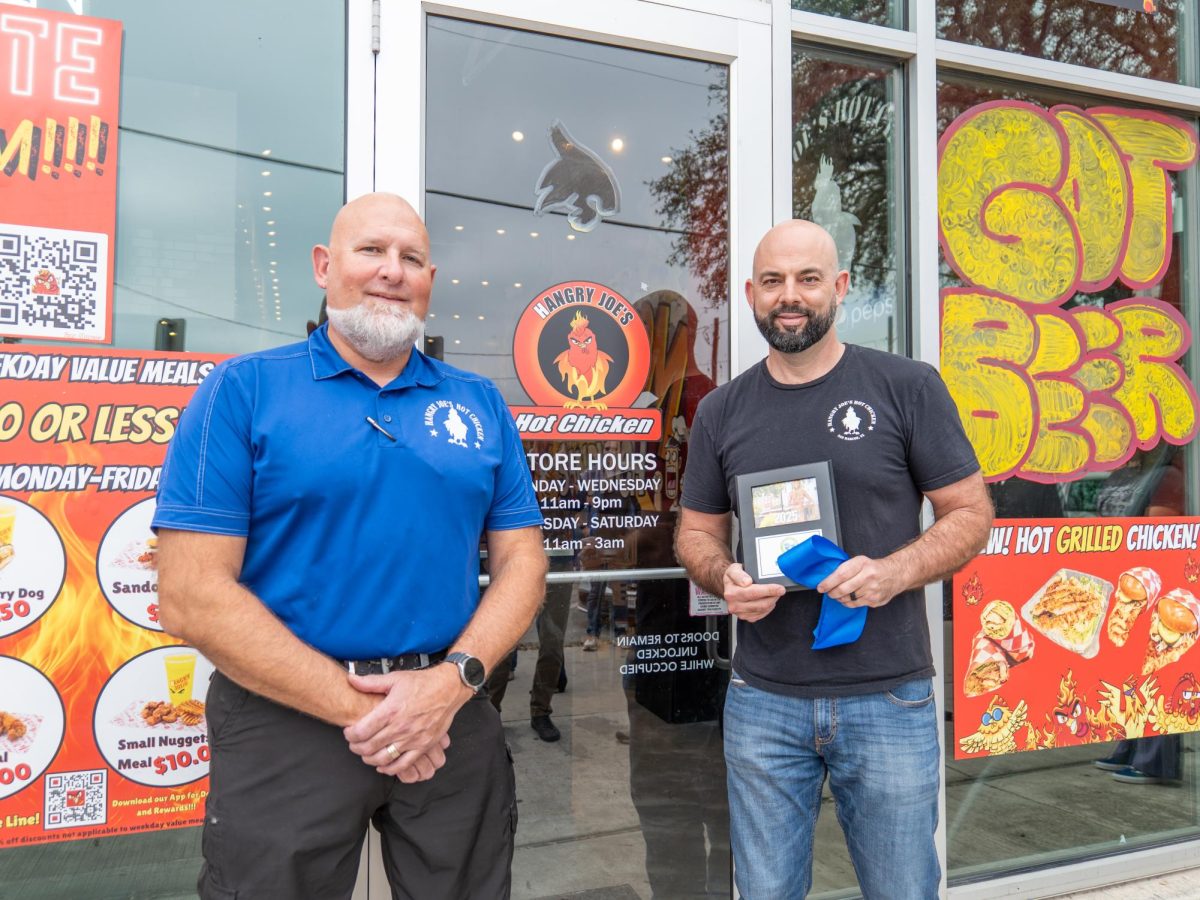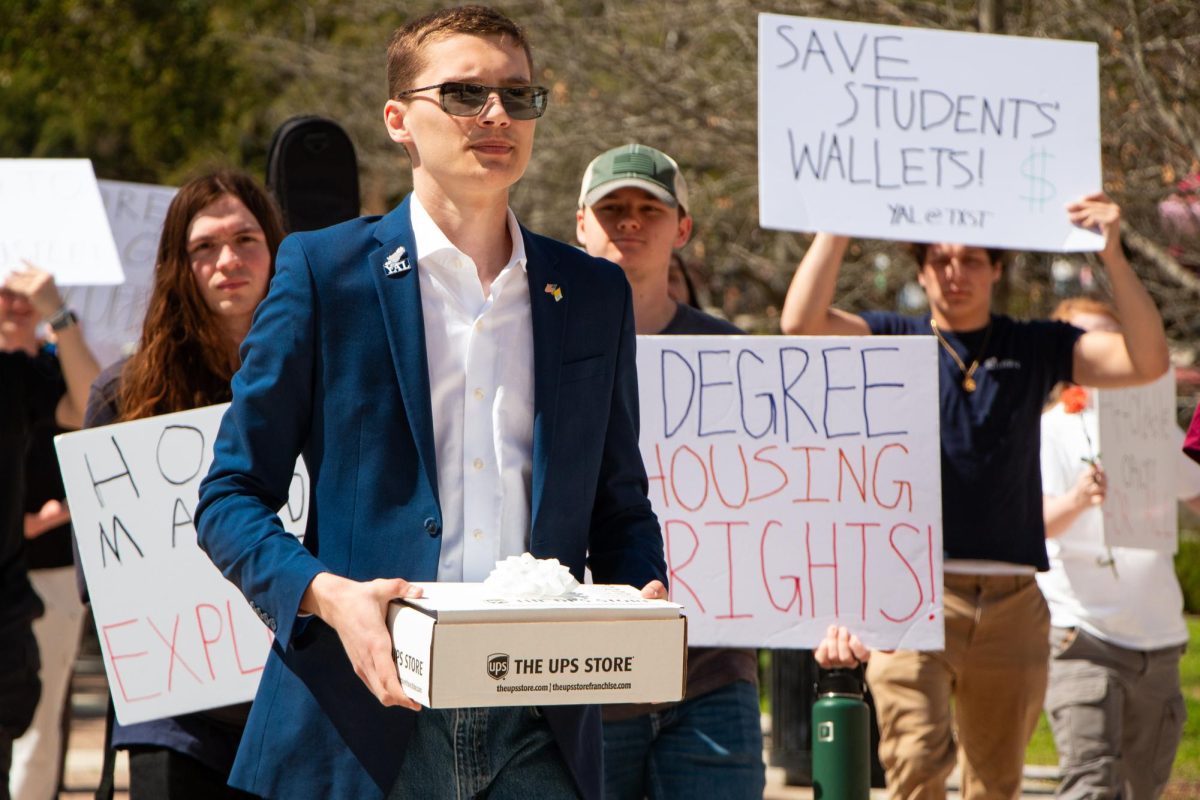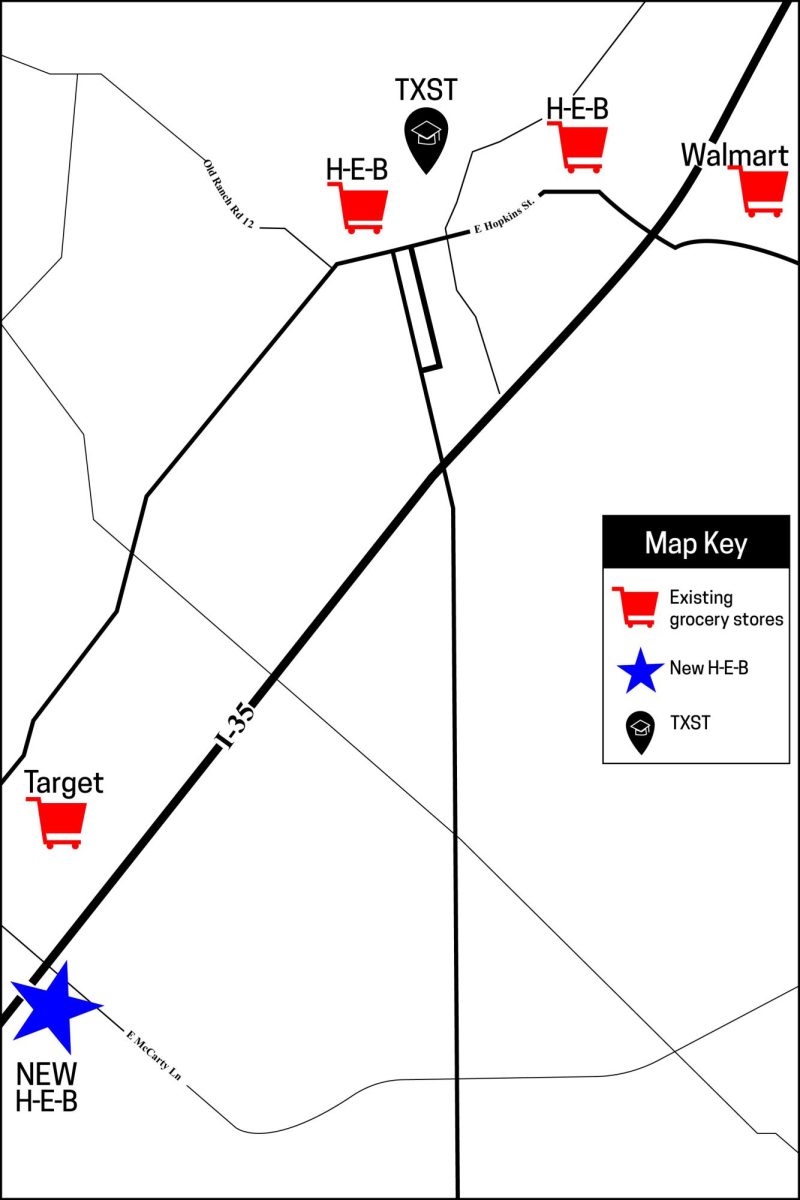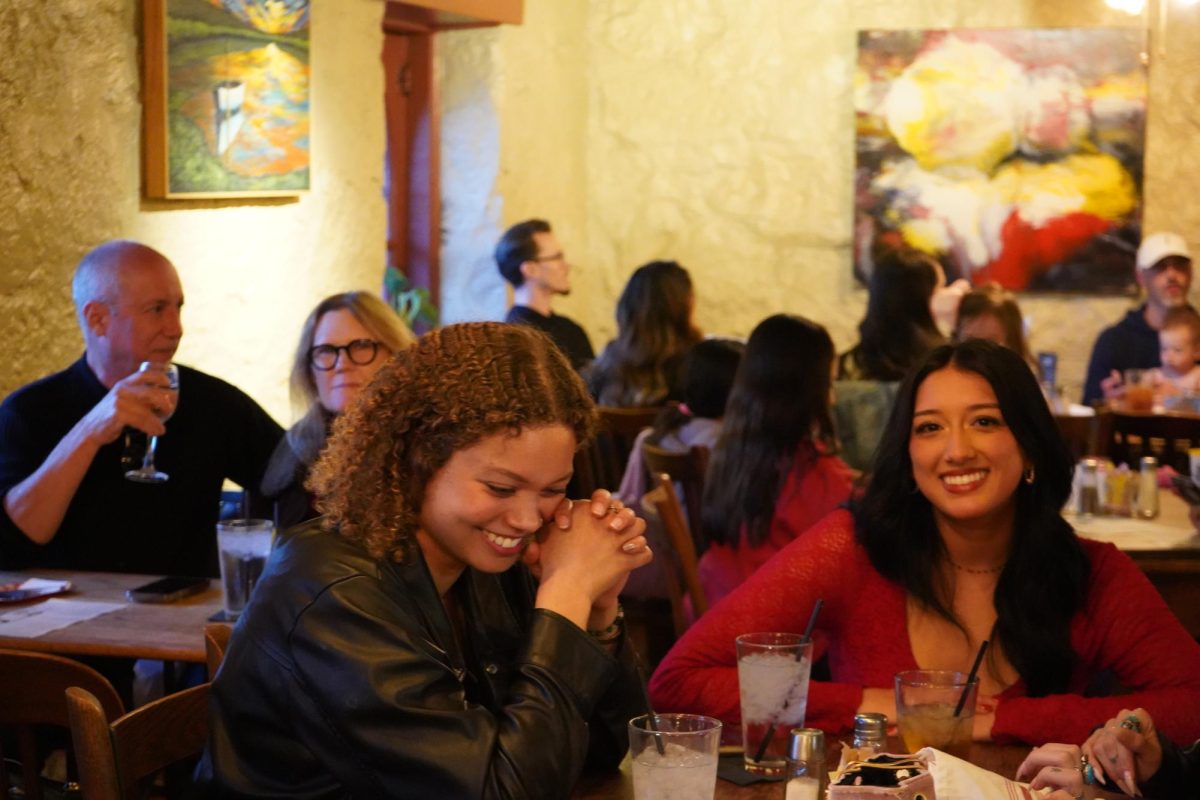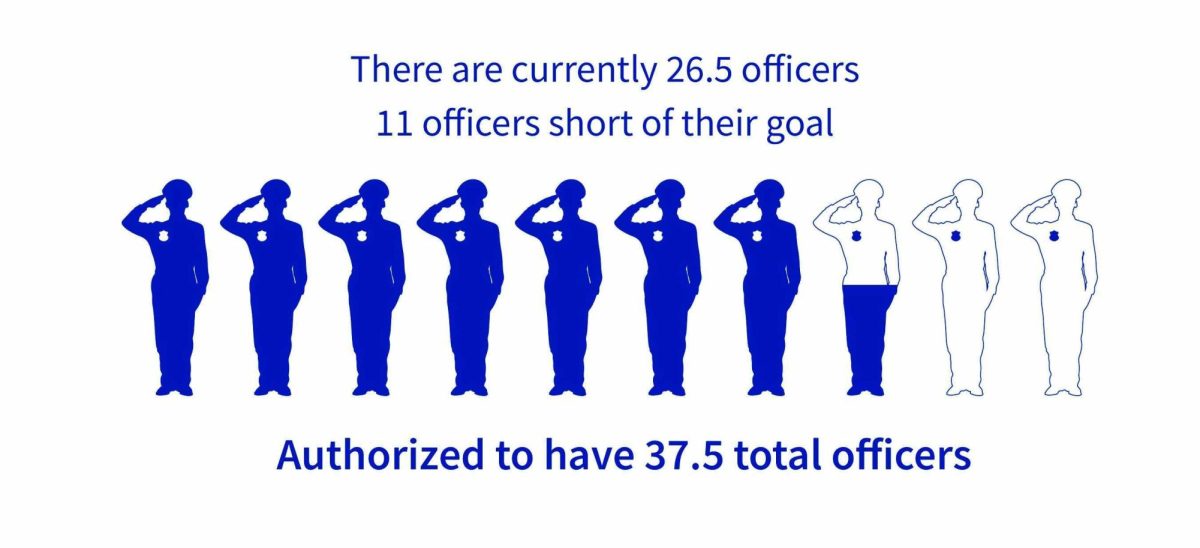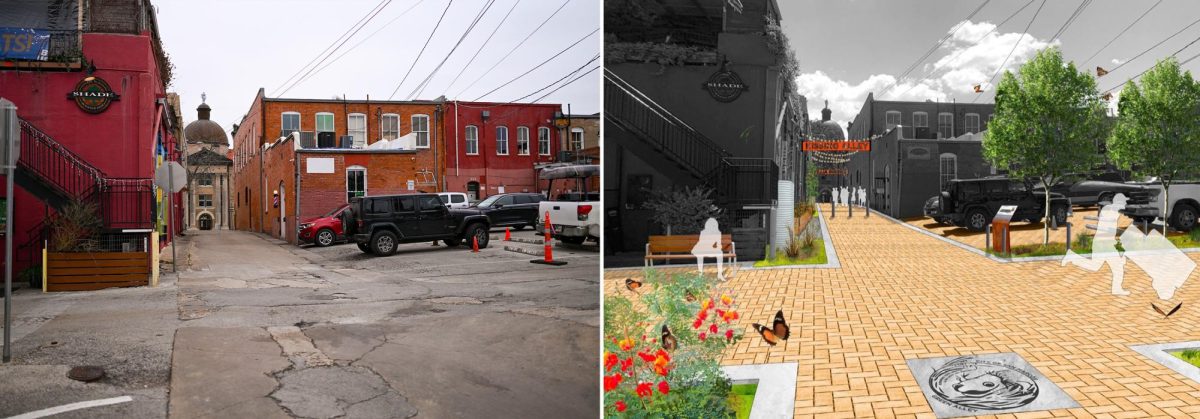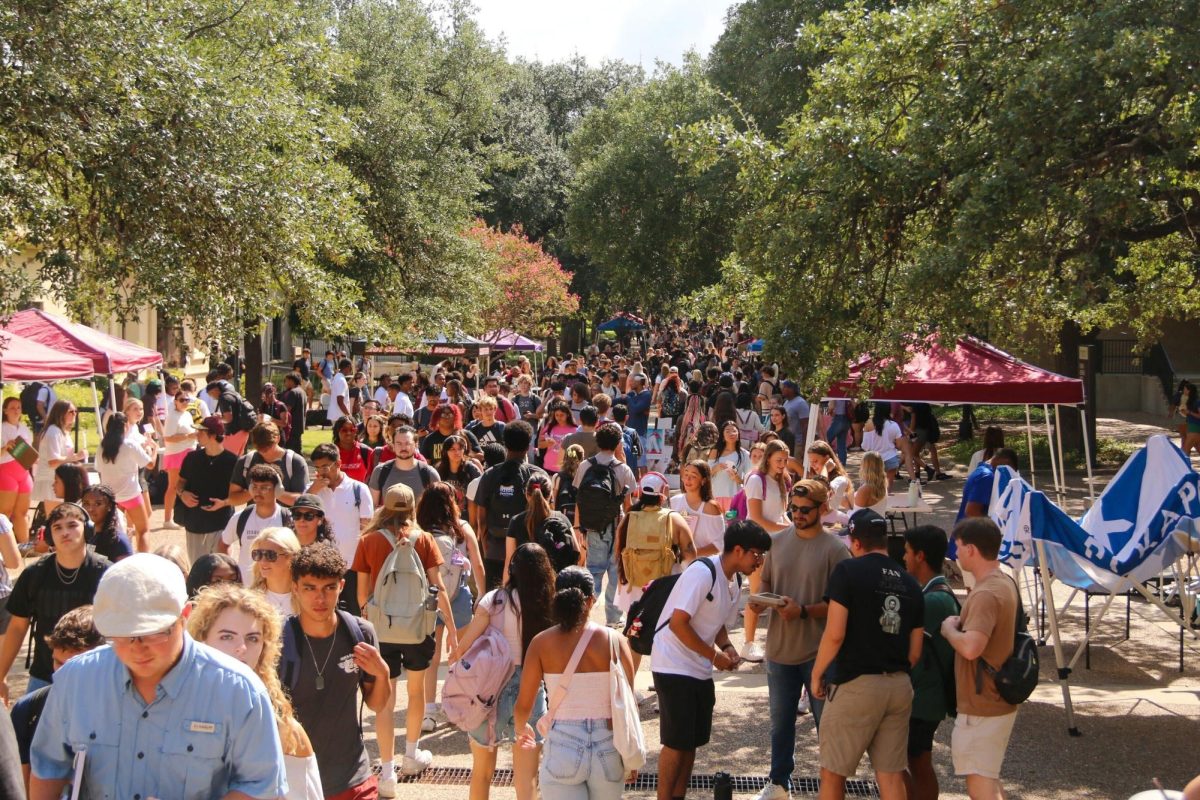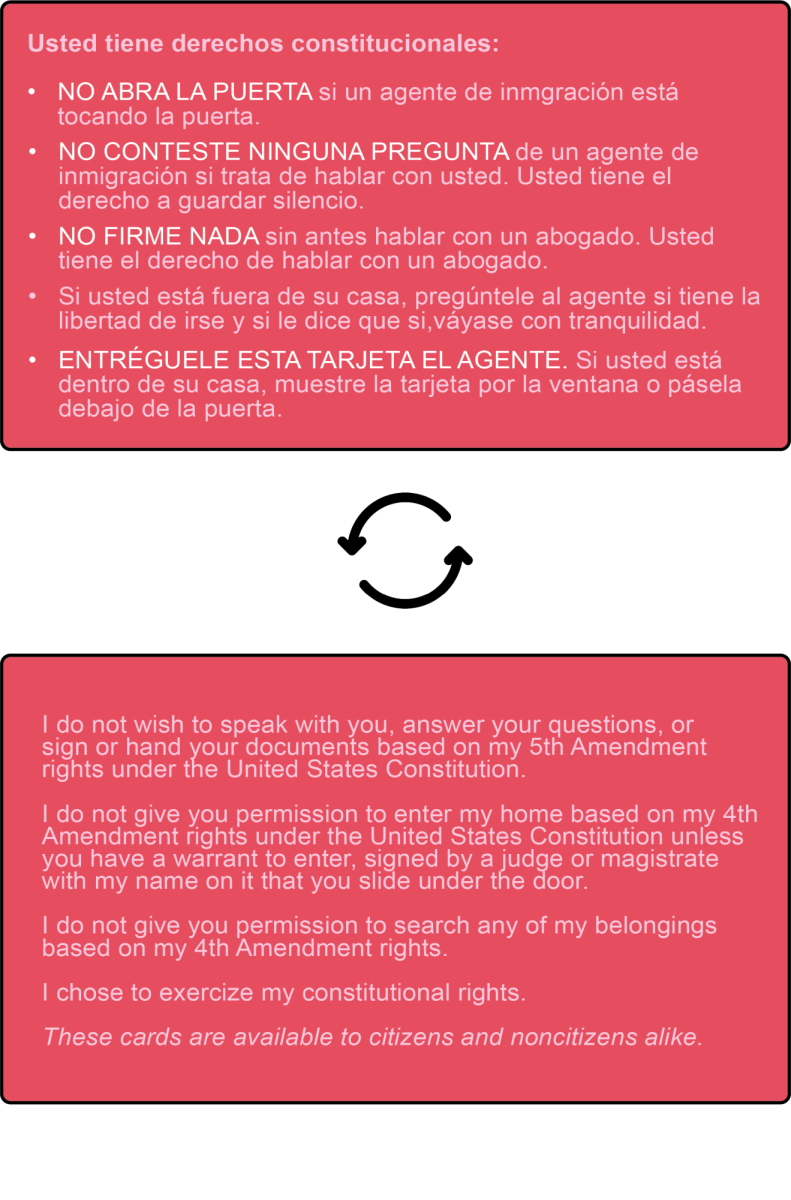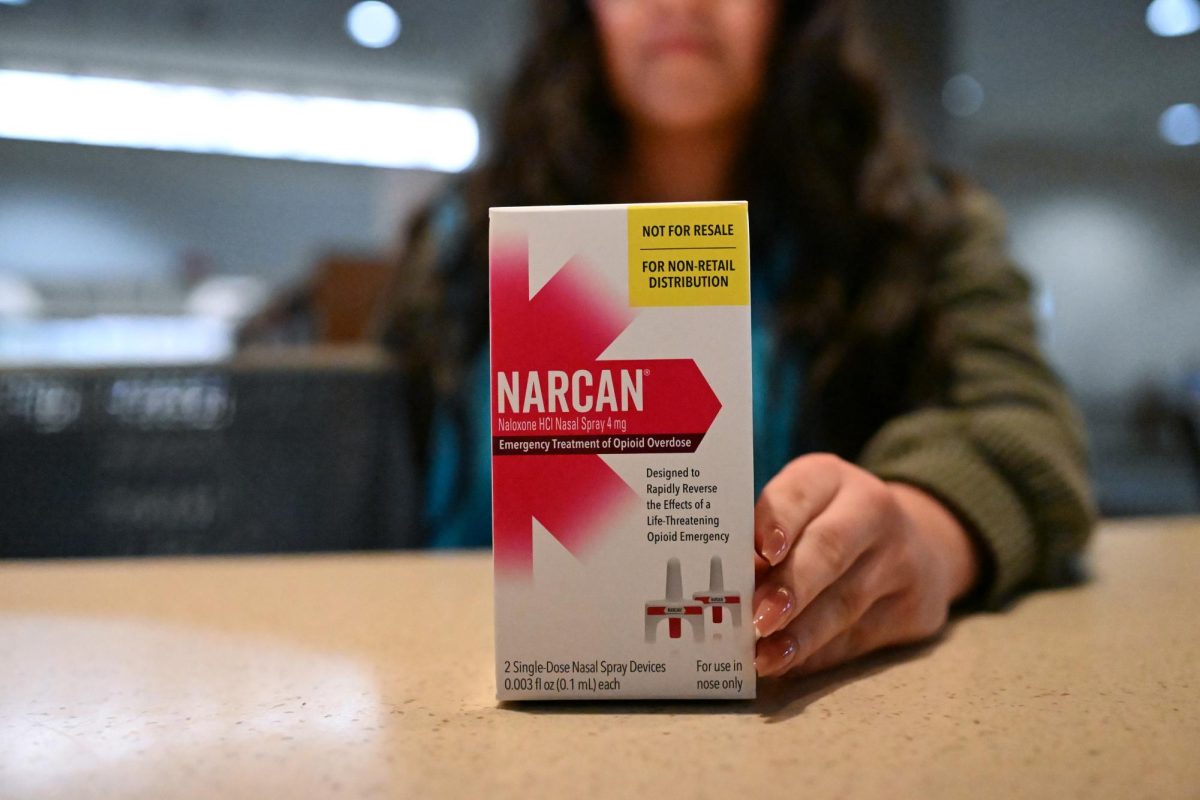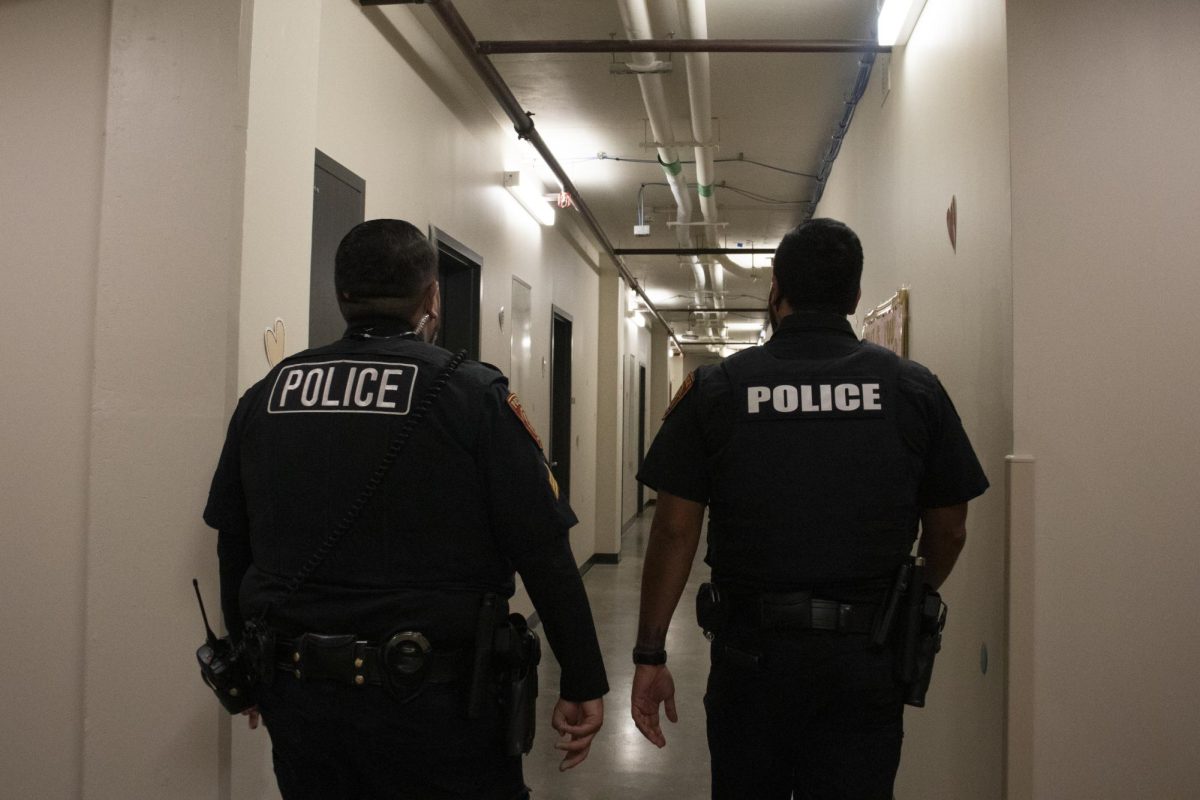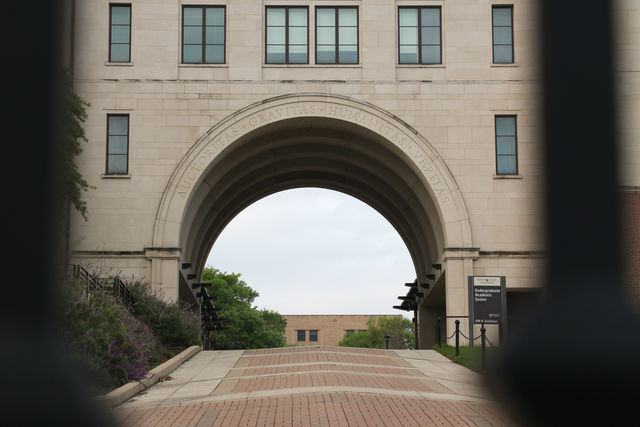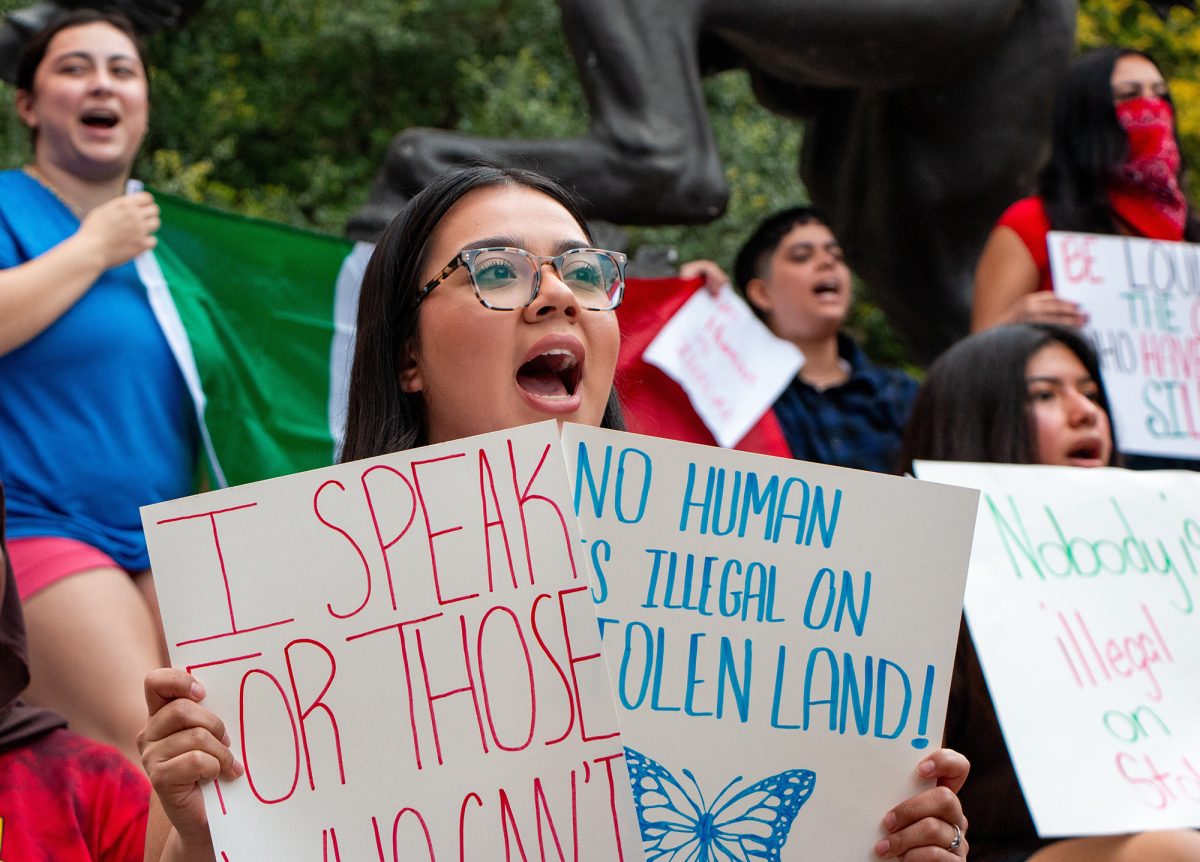Abound ranked Texas State among the best colleges in America for military-related students and veterans in 2024 on May 7.
Abound is a group that evaluates colleges on different attributes, one of them being best for military and veterans. According to Abound’s website, it determines its “Best Colleges for Military and Veterans” designation by weighing colleges on metrics such as “student veteran organization, course credit for military experience and more.”
One of the reasons listed for Texas State’s ranking is 1,180 students receive post 9/11 GI Bill benefits, which financially help with schooling or job training according to The U.S. Department of Veteran Affairs. Abound stated Texas State offers credits for military training and has student-veteran organizations and dedicated military-related staff.
According to Kelly Lynn Clary, assistant professor in the School of Social Work, Texas State offers programs such as Veteran Affairs (VA) and Veteran Academic Success Center (VASC) to support veterans and military-related students and provide a sense of community.
“[These programs] are trying to provide holistic support for veterans and military students, [such as] being able to go there for transitional assistance, peer support, understanding [military] benefits, social support and tutoring,” Clary said.
According to Clary, there is also a collaboration a few days a week with the Samaritan Center, a counseling service, for additional counseling services and peer support.
“Texas State was selected as one of the best schools for veterans and that speaks volumes because a lot of veterans share with their peers when things are good or when things are not,” Clary said. “[This] really illuminates how much the university is doing to support veterans in different ways.”
According to Ryan Bollinger, an exercise and sports science senior and Guardsman, the VA office helped process his information for potential benefits he may be eligible for. Also, Bollinger said the Veteran Alliance of Texas State (VATS) hosts monthly social meetings for military-affiliated students which he frequents.
“[The VATS meetings] offer a good change of pace to talk to different people,” Bollinger said. “[The meetings] helped me reset mentally that way after I’m done there and I [have to] get back to getting assignments done my head is clear.”
Clary said her colleague has conducted a needs assessment survey with Texas State student veterans every two years since 2015. Of student veterans, 80% reported satisfaction with their experience at Texas State during their 2021 assessment, according to Clary.
“We have to be mindful that each veteran brings their own strength to the table,” Clary said. “There’s a lot of roles and identities that are changing [for student veterans] which can be a challenge, but it can also be a strength.”
Enrique Nomar Cuarenta, a civil engineering sophomore, an Army Reserve and Reserve Officers’ Training Corps (ROTC) cadet, said VATS is the main student-veteran group he’s a part of and it’s helped him find community.
“The best advice I could give [to incoming military-related students] is to know what benefits you have and how to go about achieving them or knowing where to look,” Cuarenta said.
In a written interview with The University Star, Melissa Hyatt, chair of the Veteran Advisory Council (VAC), said the VA office assists military-related students by answering questions regarding various benefits available such as the Montgomery GI Bill, Post 9/11 GI Bill, Hazlewood Act, vocational rehabilitation, degree plan monitoring and additional academic assistance.
According to Clary, in summer 2024 the School of Social Work offers a veteran-related class, SOWK 5332, designed to help troops transition back to civilian life after combat.
Cuarenta said military classes at Texas State are good at teaching army values and transitioning students into leadership positions including operating a battalion and formulating training plans during their senior year.


